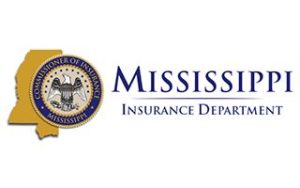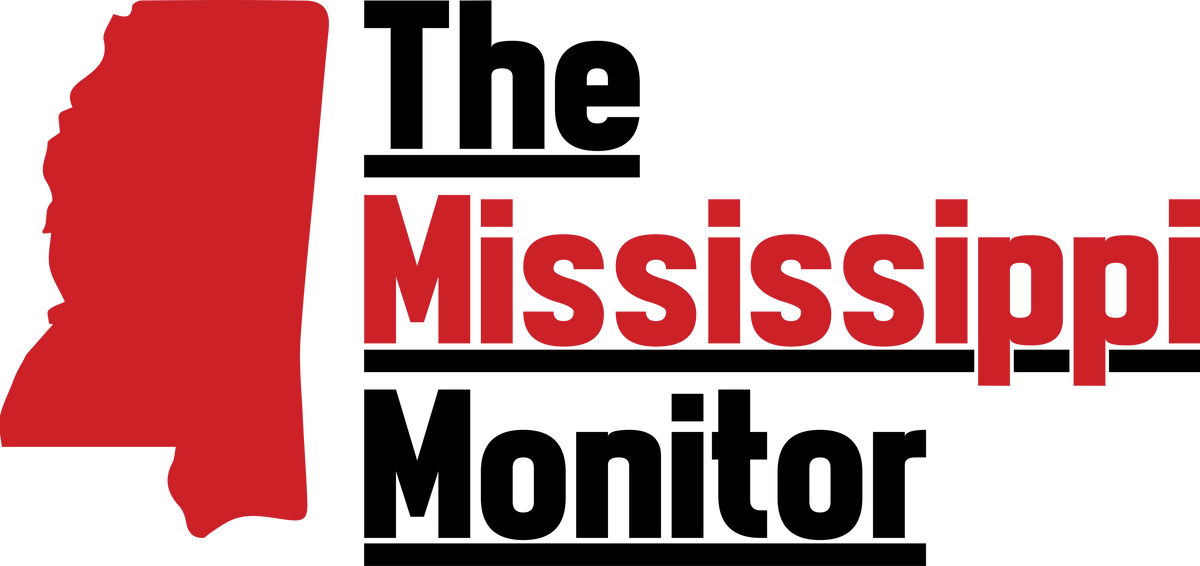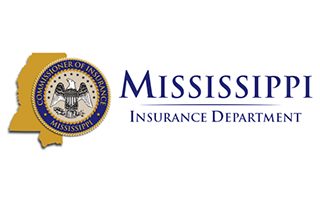
“Your home and your vehicle are two of your biggest assets,” said Insurance Commissioner Mike Chaney. “Insuring your house and car could protect you from financial ruin. Talk to an insurance agent and buy insurance today.”
- Before purchasing insurance, discuss your specific needs with an agent.
- Review your policy to make sure the amount and types of coverage you have meets the requirements for all possible hazards.
- Be sure to shop around, get quotes from more than one insurer, and look up company rates.
- Keep copies of your insurance policies and other important documents on hand.
- Start an emergency savings account.
- Keep a small amount of cash at home in a safe place.
o It is important to have small bills on hand because ATMs and credit cards may not work during a disaster when you need to purchase necessary supplies, fuel or food.
- Be cautious about sharing personal financial information, such as your bank account number, social security number, or credit card number.
The Emergency Financial First Aid Kit (EFFAK), a joint publication from Operation HOPE and FEMA, can help you prepare financially and provides tips to reduce the financial impact of disasters on you and your family.

